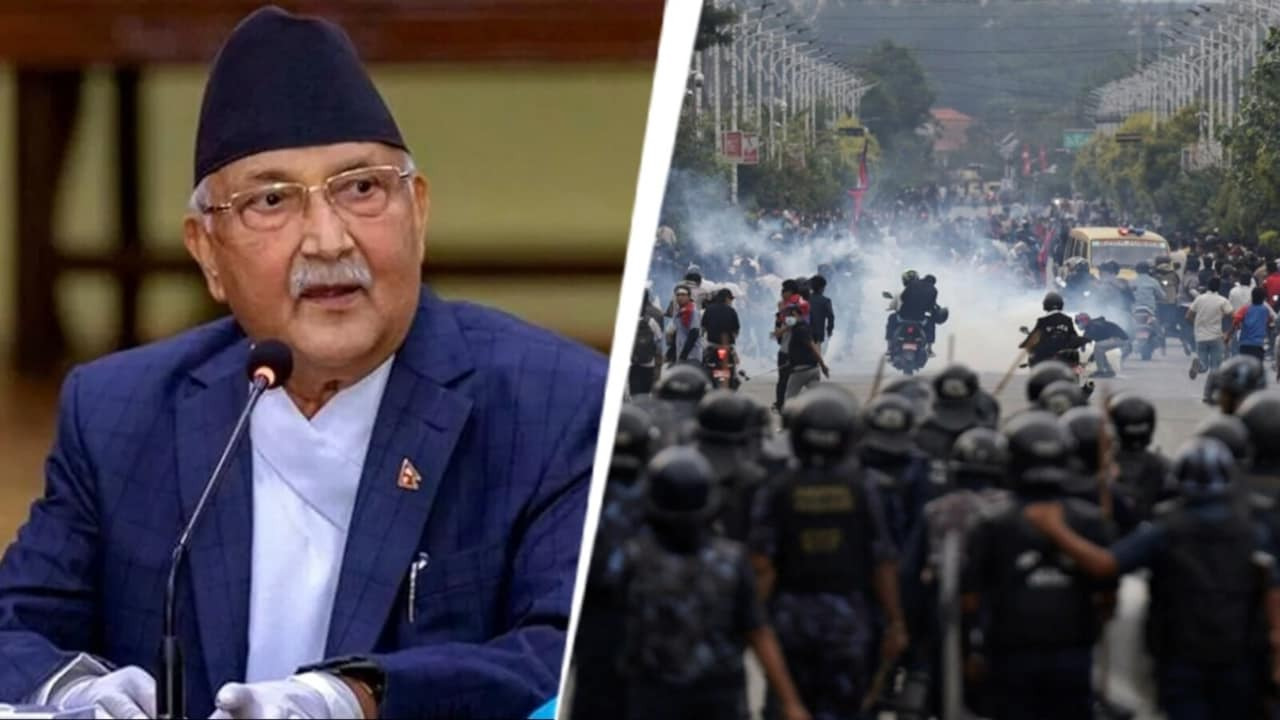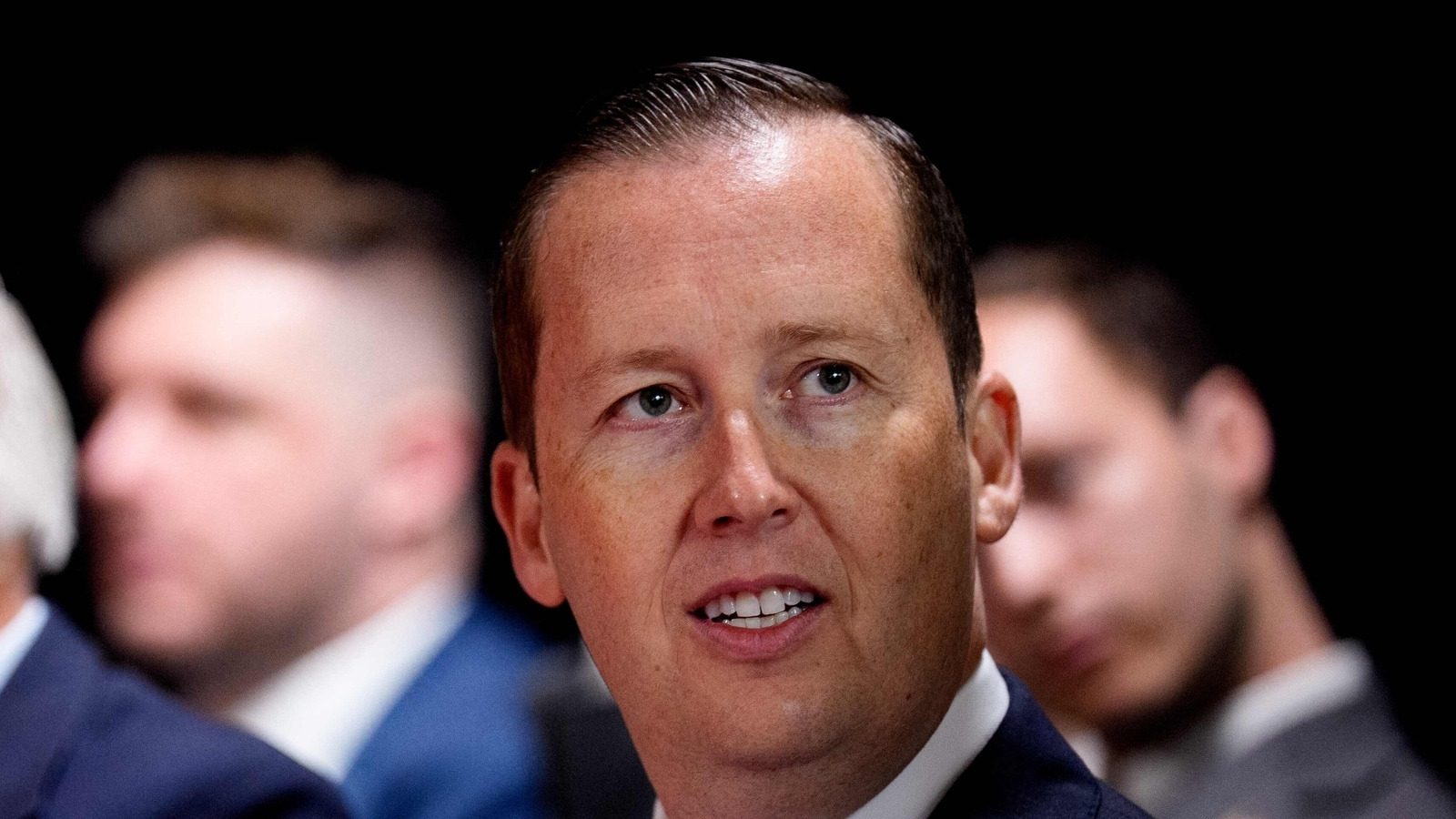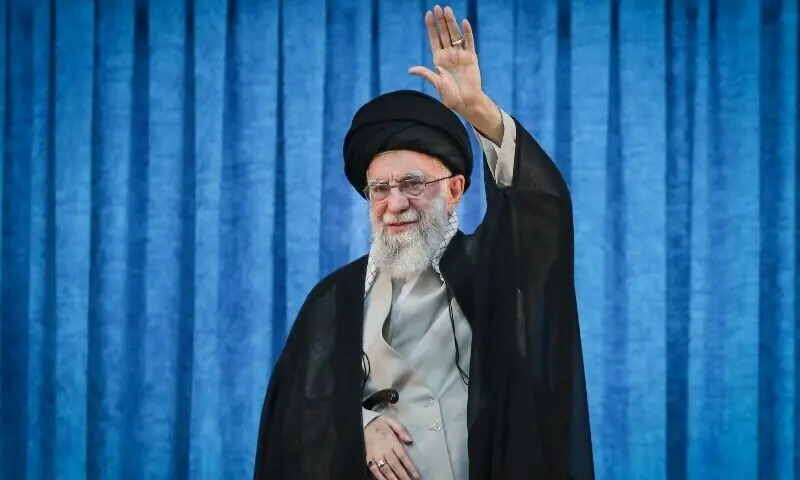In a dramatic turn of events, Nepal’s Prime Minister KP Sharma Oli announced his resignation on Tuesday after massive protests led by the country’s youth spiraled into violence. The protests, largely driven by Generation Z activists, erupted over allegations of government corruption, unemployment, and authoritarian restrictions, plunging the Himalayan nation into political crisis.
The unrest, which began peacefully, escalated rapidly after authorities imposed restrictions on social media platforms to curb mobilization. Protesters accused the government of stifling free speech and democracy, leading to further anger on the streets. Demonstrations turned deadly when security forces clashed with protesters in Kathmandu and other major cities, leaving at least 19 people dead and hundreds injured.
Government buildings, including sections of the parliament complex, were set on fire by enraged crowds, signaling the deep frustration among citizens. Analysts say the resignation of KP Sharma Oli marks one of the most significant political upheavals in Nepal since the adoption of its democratic constitution in 2015.
In his resignation speech, Oli defended his government’s policies but acknowledged the “need for peace and stability” in the country. “I am stepping down for the greater good of Nepal,” he said, urging protesters to end the violence and return to dialogue.
International reactions poured in swiftly. The United Nations expressed concern over the loss of life and called for restraint from both security forces and demonstrators. Neighboring India and China, both with strategic interests in Nepal, issued cautious statements urging stability and democratic dialogue.
Experts warn that Nepal now faces a political vacuum that could deepen instability unless a consensus candidate is quickly found to lead the government. Opposition parties are expected to push for an interim coalition to restore calm and rebuild public trust.
With Oli’s departure, Nepal enters an uncertain phase, where the voices of its younger generation—angry at unemployment, corruption, and political stagnation—are set to shape the nation’s future.





